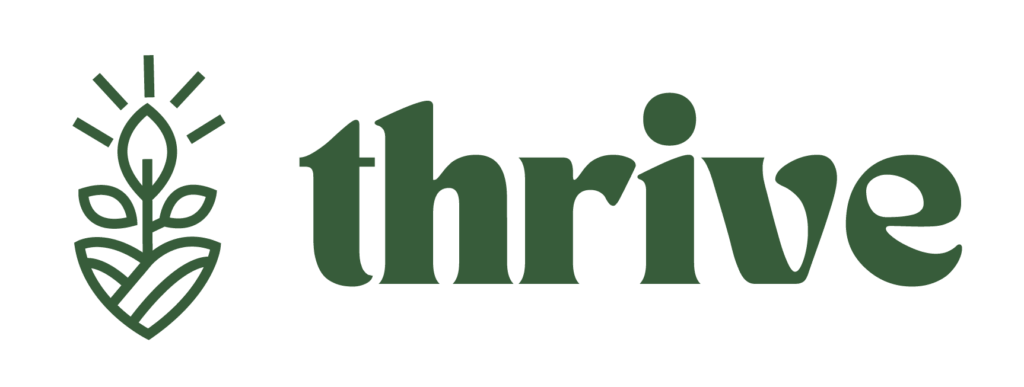The healthcare industry thrives on a well-orchestrated medical billing process that ensures healthcare services are compensated accurately and efficiently. Central to this process are payers, coders, billers, and providers, each playing a distinct yet interconnected role.
This comprehensive guide explores who’s who in medical billing, detailing their responsibilities, tools, and how they collaborate within the healthcare system to manage insurance claims and maintain financial stability.
Whether you’re navigating health insurance plans or exploring a career in medical billing and coding, understanding these roles is essential.
Payers: The Financial Pillars of Healthcare
Payers are entities responsible for funding healthcare services through health insurance plans. These include insurance companies, government programs like Medicare and Medicaid, and occasionally self-paying patients. Their primary role is to process insurance claims submitted by healthcare providers and determine insurance coverage based on policy terms.
- Key Responsibilities:
- Reviewing and approving claims to insurance companies for reimbursement.
- Setting guidelines for insurance coverage and payment rates.
- Ensuring compliance with regulations in the claims process.
- Communicating with medical billers to resolve disputes or clarify claim details.
- Challenges: Payers often face pressure to balance cost control with quality care. Errors in patient information or non-compliance with coding systems can lead to claim denials, delaying payments to providers.
- Tools: Payers rely on advanced software to manage insurance claims, analyze data, and ensure accurate processing within the healthcare system.
Payers are the financial backbone, ensuring funds flow to providers while maintaining the integrity of health insurance plans.
Coders: The Language Experts of Medical Billing
Medical coders are the translators of the healthcare industry, converting healthcare services and patient information into standardized codes used for billing. Unlike software engineers who work with programming languages, coders specialize in coding systems like ICD-10 (International Classification of Diseases) and CPT (Current Procedural Terminology).
- Key Responsibilities:
- Assigning accurate codes to diagnoses, procedures, and treatments.
- Ensuring codes align with insurance coverage requirements for claims to insurance companies.
- Collaborating with providers to verify patient information.
- Staying updated on changes in coding systems and regulations.
- Challenges: Accuracy is critical, as errors in coding can result in claim denials or audits. Coders must navigate complex medical billing and coding guidelines and maintain precision under tight deadlines.
- Tools: Coders use specialized software and reference materials to streamline the coding process, ensuring compliance with healthcare industry standards.
By translating services into codes, medical coders enable seamless communication between providers and payers in the medical billing process.
Billers: The Orchestrators of the Billing Process
Medical billers are the operational experts who manage the billing process, ensuring insurance claims are prepared, submitted, and followed up on. They work closely with medical coders and interact with insurance companies and patients to secure payments.
- Key Responsibilities:
- Preparing and submitting claims to insurance companies based on coded data.
- Verifying patient information and insurance coverage.
- Following up on unpaid or denied claims, resolving issues with payers.
- Communicating payment details to patients, especially for out-of-pocket expenses.
- Challenges: Billers must handle rejected claims, which may stem from coding errors or incomplete patient information. They also face the challenge of keeping up with evolving payer policies and regulations.
- Tools: Billing software automates claim submissions and tracks payment statuses, helping medical billers manage the claims process efficiently.
Medical billers act as the bridge between providers and payers, ensuring the medical billing process runs smoothly.
Providers: The Heart of Healthcare Delivery
Providers, such as physicians, nurses, and hospitals, are the frontline of the healthcare system, delivering healthcare services to patients. While their primary focus is patient care, they initiate the medical billing process by documenting services that coders and billers later process.
- Key Responsibilities:
- Providing and documenting healthcare services accurately.
- Supplying patient information to medical coders for coding.
- Collaborating with medical billers to resolve claim issues.
- Ensuring compliance with healthcare industry standards and payer requirements.
- Challenges: Providers often juggle patient care with administrative tasks, including documentation for insurance claims. Inaccurate records can disrupt the claims process and delay reimbursements.
- Tools: Electronic Health Record (EHR) systems help providers document services, streamlining communication with coders and billers.
Providers are the starting point of the medical billing and coding cycle, relying on other roles to secure payment for their services.
How These Roles Collaborate in the Healthcare System
The medical billing process is a collaborative effort:
- Providers deliver healthcare services and document patient information.
- Medical coders translate these services into standardized codes using coding systems.
- Medical billers prepare and submit claims to insurance companies.
- Payers review claims, approve insurance coverage, and reimburse providers.
This cycle ensures the healthcare industry operates efficiently, with each role supporting the claims process. Missteps, such as errors in coding systems or incomplete patient information, can disrupt the flow, highlighting the need for precision and communication.
Tools and Technologies in Medical Billing
The healthcare industry leverages technology to enhance the medical billing process:
- Electronic Health Records (EHRs): Used by providers to document healthcare services.
- Billing and Coding Software: Assists medical coders and billers in managing insurance claims.
- Claims Management Systems: Employed by payers to process claims to insurance companies.
- Revenue Cycle Management Tools: Help track the financial flow from service delivery to payment.
These tools reduce errors, speed up the claims process, and improve coordination among payers, coders, billers, and providers.
Challenges in Medical Billing and Coding
Despite advancements, the medical billing process faces challenges:
- Claim Denials: Often due to coding errors, incomplete patient information, or non-covered services.
- Regulatory Changes: Payers like Medicare and Medicaid frequently update guidelines, requiring constant adaptation.
- Coordination: Miscommunication between providers, coders, and billers can delay payments.
- Patient Confusion: Patients may struggle to understand bills or insurance coverage, increasing the workload for medical billers.
Addressing these challenges requires ongoing training, robust software, and clear communication across the healthcare system.
Why Understanding These Roles Matters
For professionals in the healthcare industry, knowing who’s who in medical billing is crucial for career growth. Medical coders and billers are in high demand, with opportunities to specialize in areas like Medicare and Medicaid claims. For patients, understanding these roles demystifies the billing process, helping them navigate health insurance plans and bills.
Businesses creating content on medical billing and coding should optimize for SEO by targeting keywords like payers, coders, billers, and who’s who in medical billing roles of providers. After publishing, launch an SEO Ideas campaign to ensure compliance with on-page SEO factors and identify opportunities to boost visibility.
Conclusion
The healthcare system depends on the seamless collaboration of payers, coders, billers, and providers to deliver and fund healthcare services. Each role, from translating services into coding systems to submitting claims to insurance companies, is vital to the medical billing process.
By understanding who’s who in medical billing, stakeholders can navigate the healthcare industry more effectively, ensuring financial stability and quality care. Optimize your content with an SEO Ideas campaign to reach a wider audience and establish authority in this critical field.







